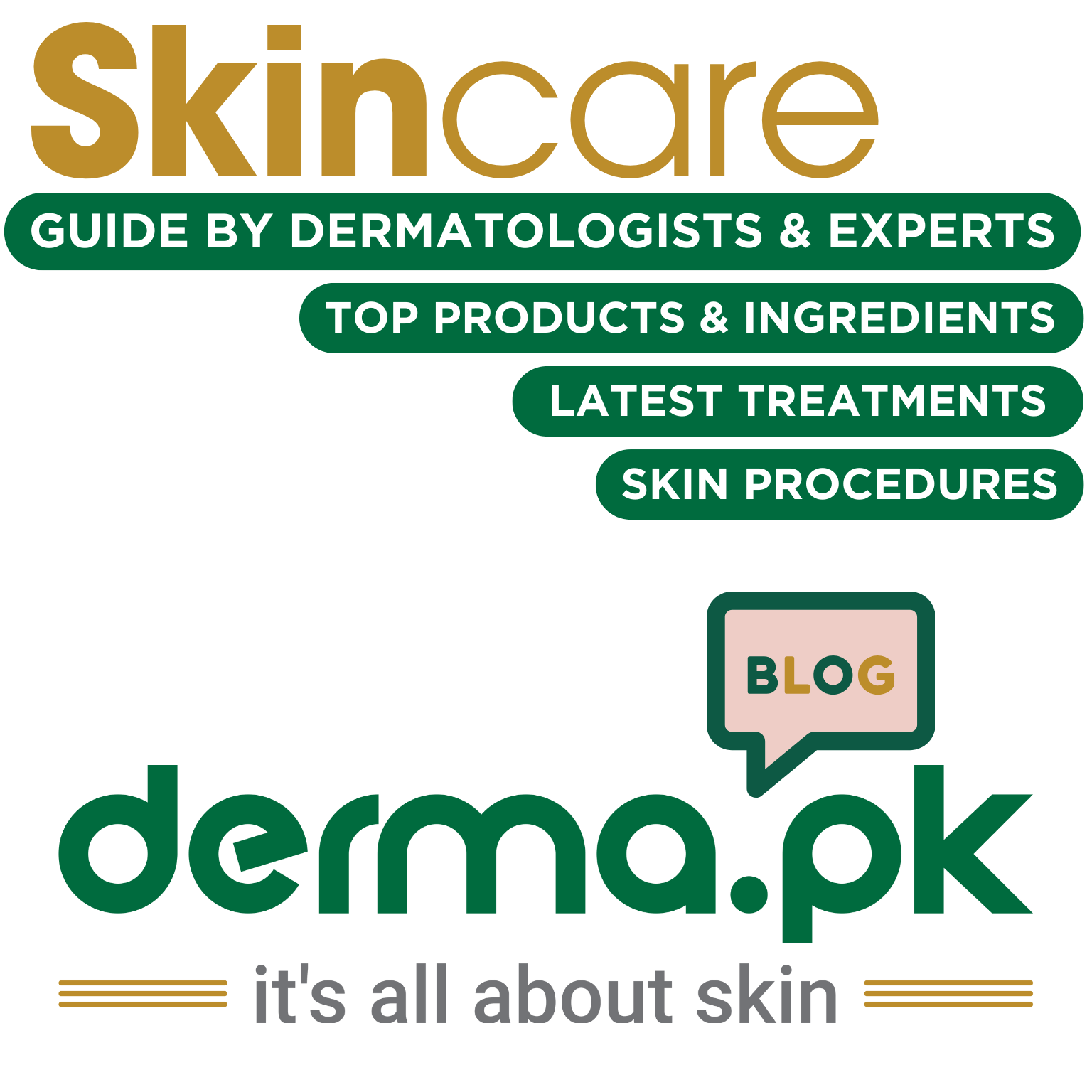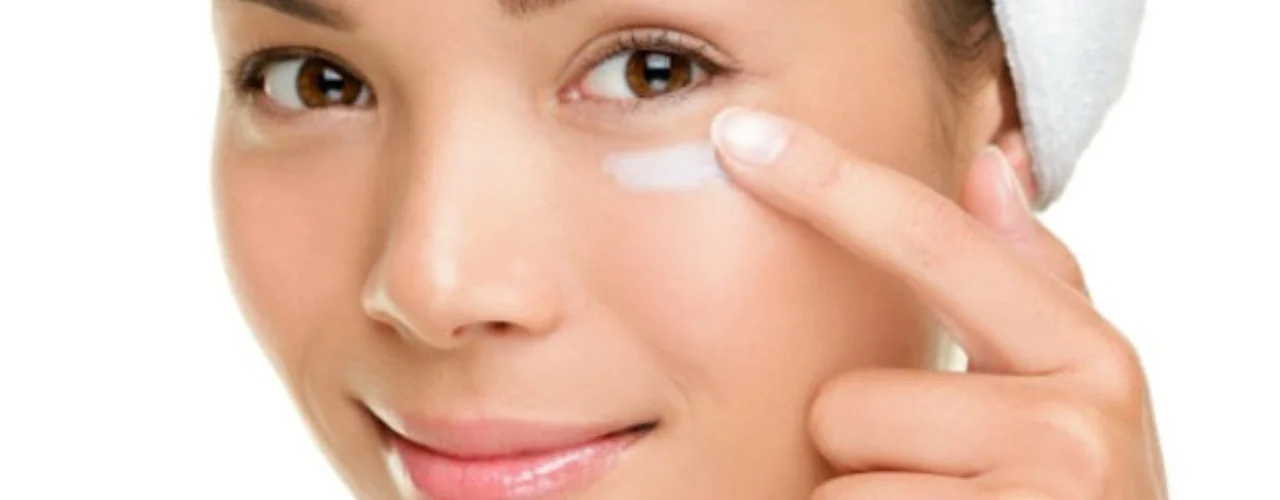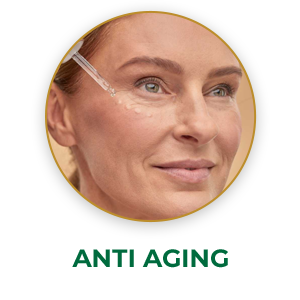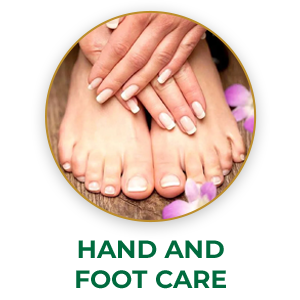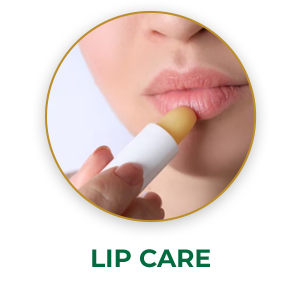Vitamin K is often touted as a potential remedy for dark circles under the eyes. While it holds some promise, the picture isn’t entirely clear-cut.
Benefits of using vitamin K for dark circles:
Here are some benefits of using vitamin k for dark circles

1. Strengthening Blood Vessels:
- Vitamin K helps in the production of proteins crucial for maintaining strong and healthy blood vessel walls. Weak capillaries under the thin under-eye skin can become visible, contributing to dark circles. Strengthening these vessels with vitamin K might minimize their visibility, leading to a brighter appearance.
2. Reducing Blood Leakage:
- Vitamin K is essential for blood clotting, preventing blood from leaking out of vessels. Damaged or leaky capillaries can cause blood to pool under the eyes, appearing as dark circles. Vitamin K, by improving blood vessel integrity, might minimize such leakage and reduce the darkness.
3. Addressing Bruising:
- Bruising often occurs due to blood leaking from damaged vessels. Vitamin K’s role in blood clotting can potentially speed up the healing process of mild bruises, resulting in faster fading of discoloration and less noticeable dark circles.
4. Antioxidant Properties:
- Vitamin K1 (phytonadione) possesses antioxidant properties. These antioxidants combat free radicals, harmful molecules that damage skin cells and contribute to pigmentation issues. Neutralizing these free radicals might improve overall skin health and potentially reduce hyperpigmentation-related dark circles.
5. Overall Skin Health:
- Although directly targeting dark circles, vitamin K’s potential benefits for skin health shouldn’t be overlooked. Its involvement in collagen production and wound healing can contribute to firmer, smoother skin under the eyes, indirectly enhancing its appearance.
Remember:
- These potential benefits are not guaranteed and require further research for definitive conclusions.
- Individual results may vary depending on the cause of your dark circles and the specific product used.
Other benefits of vitamin K:

Vitamin K is an essential nutrient that plays a vital role in various bodily functions. It’s not just about potentially reducing dark circles under your eyes! Here are some of its other key benefits:
Stronger Bones: Vitamin K activates proteins that help build and maintain strong bones. It also improves calcium absorption, which is crucial for bone health. Studies have shown that adequate vitamin K intake can reduce the risk of fractures, especially in older adults.
Improved Heart Health: Vitamin K might help prevent heart disease by preventing calcium buildup in the arteries. This can improve blood flow and reduce the risk of blood clots.
Better Cognitive Function: Some research suggests that vitamin K may improve cognitive function and memory, especially in older adults.
Reduced Inflammation: Vitamin K has anti-inflammatory properties, which may help reduce inflammation throughout the body. This could be beneficial for various conditions, such as arthritis and inflammatory bowel disease.
Improved Wound Healing: Vitamin K is essential for blood clotting, which is necessary for wound healing. It also helps activate proteins that promote tissue repair.
Sources of Vitamin K:

Dietary Sources:
- Leafy green vegetables: This category takes the crown, with options like kale (1000mcg/100g), spinach (700mcg/100g), collard greens (500mcg/100g), turnip greens (440mcg/100g), and Swiss chard (300mcg/100g).
- Natto: This fermented soybean dish is a powerful source (880mcg/100g), but its strong flavor and smell might not be for everyone.
- Broccoli: A versatile veggie offering a decent amount (81mcg/100g).
- Brussels sprouts: Another member of the cruciferous family with good content (78mcg/100g).
- Liver: Organ meats like beef liver are rich in vitamin K2 (65mcg/100g), but be mindful of potential cholesterol content.
Moderate sources:
- Asparagus: A delicious spring vegetable with good vitamin K content (57mcg/100g).
- Avocado: Offers a creamy texture and contains 12mcg/100g.
- Kiwi: This vibrant fruit provides 23mcg/100g.
- Eggs: A good source of both protein and vitamin K2 (8mcg/100g).
- Cheese: Hard cheeses like Gouda and cheddar offer moderate amounts (11mcg/100g).
Supplements:
Vitamin K supplements are available in several forms:
- Vitamin K1 (phytonadione): This plant-based form is the most common type in supplements.
- Vitamin K2 (menaquinone): This form comes in various subtypes (MK-4, MK-7, etc.) with potentially different health benefits.
Important Note:
- Speak to your doctor before taking vitamin K supplements, especially if you take blood-thinning medications.
- The optimal intake of vitamin K depends on various factors like age, health status, and medications. A healthcare professional can guide you on the appropriate dosage.
Risk and complications:

When it comes to using vitamin K for skin specifically, the risks and complications are generally minimal, especially when applied topically in recommended amounts. Here’s a breakdown:
Low Risk:
- Topical irritation: In rare cases, individuals with sensitive skin might experience mild irritation, redness, or dryness at the application site. This risk can be minimized by using products formulated for sensitive skin and patch testing before full application.
- No major side effects: Unlike oral ingestion, topical application avoids significant interactions with medications or internal processes, minimizing the risk of complications associated with high doses.
Limited Evidence:

- Safety during pregnancy and breastfeeding: While most sources consider topical vitamin K safe in these groups, consult your doctor before use due to limited research on this specific application.
- Long-term effects: More research is needed to understand the long-term effects of topical vitamin K, particularly for specific skin conditions or prolonged use.
Consult a Dermatologist:
- For pre-existing skin conditions or concerns, consult a dermatologist before using such products. They can advise on the suitability based on your individual needs and potential interactions with other medications or treatments.
Additional Notes:
- Product quality: Choose reputable brands and formulations that adhere to safety standards and clearly list ingredients.
- Dosage and instructions: Follow the product instructions carefully and avoid exceeding the recommended dosage.
- Sun protection: While some forms of vitamin K might offer slight antioxidant benefits, they don’t replace sunscreen. Protect your skin with SPF daily.
Things to consider:
- Topical creams and serums: These are the most common way to use them for dark circles. Look for products containing vitamin K1 (phytonadione) or menaquinone-7 (MK-7), and ensure they’re formulated for sensitive skin around the eyes.
- Dietary sources: Consuming leafy green vegetables, broccoli, and some fruits can increase your vitamin intake. However, dietary changes alone may not significantly impact dark circles.
- Lifestyle factors: Getting enough sleep, staying hydrated, and managing stress can contribute to brighter, healthier under-eye skin
Final Thoughts:
While it may strengthen blood vessels and potentially aid in mild bruising, the evidence for its effectiveness against dark circles remains inconclusive. It’s likely not a solution for all types of dark circles, and individual results will vary. Consider topical creams and serums with vitamin K1 or MK-7, but manage expectations and consult a dermatologist for personalized advice, especially for persistent cases. Overall, it’s a promising option with low risk, but not a guaranteed dark circle eraser. Embrace healthy habits for vibrant under-eye skin in any case!
Derma and Dental Clinic:
Derma & Dental Clinic stands out with its team of experienced doctors backed by scientific evidence in their chosen fields. Their diverse range of medical-grade procedures offer tailored solutions for various skin and dental needs. You can confidently book your consultation online or by phone and embark on your journey towards healthier skin and a radiant smile.
Location: Bahria Town, Lahore
Specialties: Dermatology and Dental Care
Website: Derma.pk
For Consultation:
- Online at Dermatology.pk
- WhatsApp: +923205999650
- Phone: 03041115000
